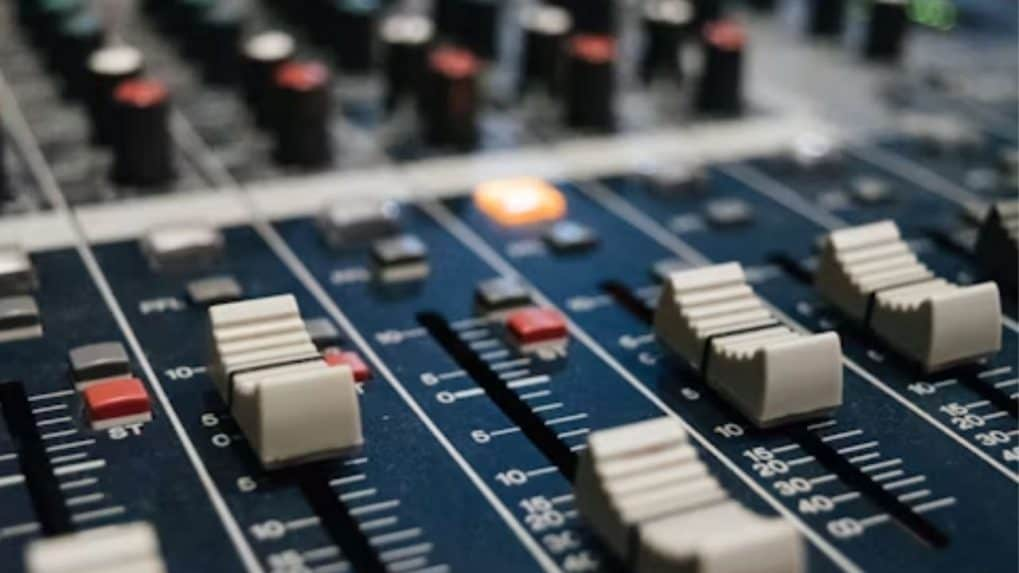Royalty black hole: Why unregulated AI music could leave artists unpaid
Until lawmakers, platforms and artists establish clear rules, every stream carries uncertainty about who made the music and whether it can truly be called authentic.
ADVERTISEMENT
Playlists on platforms like Spotify are no longer straightforward. A song that sounds like a popular artist might actually be generated by artificial intelligence. With AI tools able to mimic voices and produce entire tracks, listeners cannot always tell the difference. This uncertainty has put pressure on artists, lawyers, and platforms, turning the focus to a core issue: trust in what people are hearing.
The Legal Grey Zone
Legal frameworks have not caught up with AI in music. “At present, there is no law in India or globally that expressly requires disclosure of AI generated music, but liability can still arise under consumer protection and misrepresentation principles,” says Sonam Chandwani, Managing Partner at KS Legal and Associates.
That gap means platforms are not legally obliged to flag AI content. Still, if users are misled, consumer protection laws could apply. If platforms knowingly allow such uploads, their safe harbour protections under IT law could also be questioned.
Read More:Who owns the beat? The legal gaps posed by AI-generated music in India
Chandwani believes that voluntary disclosure offers some protection. “Proactive AI disclosure is not legally mandated today, but it is a critical risk-mitigation strategy for platforms that want to avoid consumer deception claims.”
The absence of regulation leaves space for disputes, but the risk of liability is already present.
The Royalty Black Hole
The question of authorship and royalties adds further complications. “For AI-generated music…the author of the work can be argued to be the user of the AI tool or platform, who gives the inputs to the AI tool to create the sound recording,” says JV Abhay, Partner, Shardul Amarchand Mangaldas and Co.
How much human input qualifies as authorship remains unresolved. If a work is created with minimal prompts, courts may not view it as original enough for copyright protection, raising the possibility that no royalties will apply.
Abhay also highlights concerns about identity misuse. “In a recent case, actor Anil Kapoor successfully enforced his personality rights and was able to secure an order restraining third parties from using his name, likeness, voice, personality or any other aspects of his persona for commercial purposes, including through use of AI tools.”
The ruling signals that artists could seek similar remedies if AI-generated voices attempt to replicate their identity without consent. The legal ground on ownership and personality rights remains unsettled.
Spotify’s Tightrope
Platforms are already shaping their own policies in the absence of regulation. “At this point, engagement with AI-generated music on our platform is minimal and isn't impacting streams or revenue distribution for human artists in any meaningful way,” Spotify told Storyboard18. “That said, we continually evaluate our policies and closely monitor trends. Our priority remains supporting human artists and ensuring fair and transparent monetization.”
Spotify divides AI’s impact into three categories. First, AI being used to deceive people. “We have strengthened our policies to address deceptive content. If content is deceptive, impersonates an artist, or is a rip-off, we take it down once the rightsholder files a claim.”
Second, AI-accelerated spam. “AI does not introduce new spam tactics, but it allows for spam at an unprecedented scale and sophistication. We are constantly improving our resources to combat this, including mass uploads with slightly different metadata, audio distortions, or sped-up and slowed-down tracks.”
Third, artists using AI in good faith. “This refers to human artists genuinely incorporating AI into their creative process. There is a spectrum, from artists or producers using AI tools to generate portions of music, to a mix of AI compositions with human vocals, to AI mixing and mastering. The key is for the artist to represent themselves authentically and remain in control of how these tools are used.”
On impersonation, Spotify said: “Vocal impersonation is only allowed in music on Spotify when the impersonated artist has authorized the usage.”
The company is also working with DDEX, a global rights body, on disclosure standards. “We’re helping develop and will support the new industry standard for AI disclosures in music credits … so listeners see the same information, no matter which service they’re listening on.”
Spotify’s statements outline how it is approaching the issue, but questions remain about enforcement, consistency across platforms, and whether voluntary disclosures will be enough to maintain trust.
Trust on Trial
The industry is still in flux. Chandwani stresses that disclosure will likely become unavoidable. Abhay points to unresolved questions around originality, royalties and personality rights that could soon reach the courts. Spotify has chosen to put forward its own safeguards, but these are not backed by law and remain voluntary.
For now, trust is the unsettled currency of music streaming. Until lawmakers, platforms and artists establish clear rules, every stream carries uncertainty about who made the music and whether it can truly be called authentic.
Read More:Spotify announces policy overhaul to address AI deepfakes and music spam


